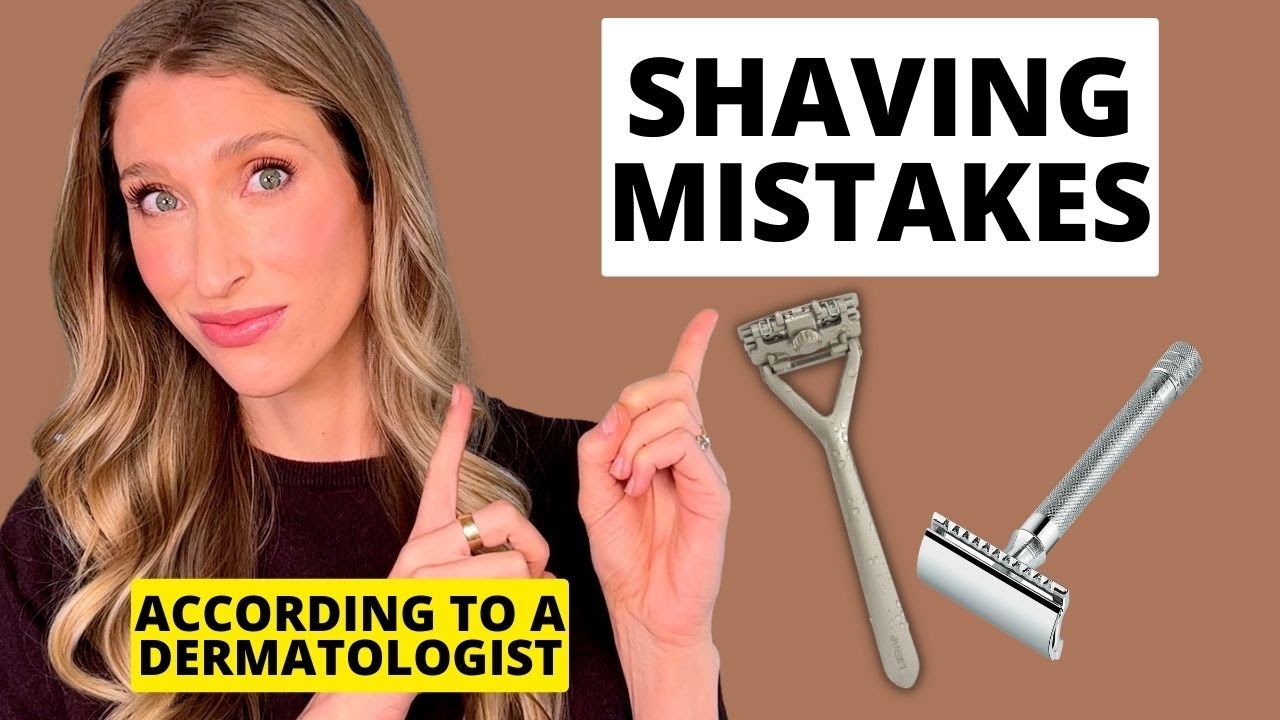
Trans people seeking medical support in the UK are now waiting two to seven years to even be seen by an NHS doctor.[1] This is because, in the UK, all of the medical treatments for distress related to Gender Incongruence[2] are stuck behind the bottleneck of psychiatric diagnosis and approval.
That is, in order to physically transition, you have to convince a psychiatrist that you are trans and that your distress requires treatment. Moreover, the psychiatrist has to agree that your distress is only because of your Gender Incongruence, and that you can cope with whatever the treatment involves: in other words, that you’re not too Mad to deserve help.
This gatekeeping affects not only interventions like hormones or surgery, but also straightforward treatments like laser hair removal or speech and language therapy. Even if I didn’t want to alter my body in any way, even if all I want to do is adjust my social presentation to be more in line with my gendered sense of self, I couldn’t get any help from the NHS without waiting for years and then convincing a psychiatrist.
The result is that many of those who can afford to turn to private medicine, creating a two-tier system for trans healthcare, and others choose to source medications themselves via the grey market. In the absence of public healthcare, trans people are producing everything from DIY hormone zines to Discord servers for voice training.
Gatekeeping healthcare gives psychiatry extraordinary power in trans people’s lives, and sometimes that power is abused. Until very recently, it was common practice for doctors to refuse trans people support unless they conformed to rigid gender expectations. For example, trans women’s memoirs and advice booklets tell all-too-common stories of being refused treatment because they weren’t wearing feminine enough clothing.
This practice goes back right to the first gender clinics in the US, where, according to trans scholar Sandy Stone, “candidates for surgery were evaluated on the basis of their performance in the gender of choice”.[3] Psychiatrists, then as now, didn’t reckon with trans people’s ability to support each other in accessing healthcare:
“When the first clinics were constituted, Benjamin’s book [The Transsexual Phenomenon (1966)] was the researchers’ standard reference. And when the first transsexuals were evaluated for their suitability for surgery, their behavior matched up gratifyingly with Benjamin’s criteria.
It took a surprisingly long time – several years – for the researchers to realize that the reason the candidates’ behavioral profiles matched Benjamin’s so well was that the candidates, too, had read Benjamin’s book, which was passed from hand to hand within the transsexual community, and they were only too happy to provide the behavior that led to acceptance for surgery.”[4]
In the contemporary UK context, Ruth Pearce has discussed the testimonies of trans people about their healthcare, showing that even though mistreatment can range from discriminatory attitudes to “abuse, harassment or sexual violence”,[5] some patients did not raise complaints because they “did not trust their doctors to maintain treatment in the face of criticism”.[6] This terrible situation persists because of the degree of power that doctors can hold over trans people.
This situation – the lack of bodily autonomy, the way psychiatry coerces patients, the reliance on professionals who sometimes abuse their position – will be familiar to many survivers and service-users of psychiatry. Indeed, trans people in the UK health system are by definition psychiatric survivors, because they are forced to deal with psychiatry in order to access healthcare.
However, it’s not common to hear trans people in the UK talk about themselves this way, and instead a common demand is, as with gay people before, for the depathologisation of trans people. While I sympathise with the desire to end stigma around trans identity, the refrain that “being trans isn’t a mental illness” perpetuates the stigma around mental distress. While trans identity itself shouldn’t be pathologised, many of us do still seek treatment for mental distress related to our experience of gender. Instead, then, I think we need to join with survivors and service-users to critique both ideas of mental illness and how distress is treated.
I agree with Cat Fitzpatrick that “it is vital that we recognize that this experience of psychiatrization is one we share with other psychiatric survivors, with a wide variety of mad and neurodiverse people, and that the way psychiatrists treat us is also the way psychiatrists treat them.” She also argues that “If trans activists follow the respectability-first model of gay rights then we also lose the potential to create powerful alliances with others who have experienced the coercive power of medical and psychiatric authority.”[7]
This cleavage of trans people from the Mad and survivor/service-user movement comes in part from the transphobia of some parts of the critical and anti-psychiatry tradition. In 1979, Thomas Szasz wrote in the New York Times that “transsexual surgery [is] a male‐supremacist obscenity.”[8] Szasz was positively reviewing Janice Raymond’s The Transsexual Empire, a book which still defines many of the arguments of anti-trans campaigners, and which argues that “the problem of transsexualism would best be served by morally mandating it out of existence”.
In the review, Szasz deploys his critique of psychiatry against trans healthcare: “Isn’t it – in the grandly deceptive phrase of the American psychiatric establishment used to characterize all ‘mental diseases’ – ‘just like any other illness’? No, it is not.” In this argument, the attempt to medically treat trans people’s distress is really an imposition of patriarchal gender norms, just as all psychiatry is a means of coercing people to conform to societal expectations.
To make this argument, you have to ignore trans people’s own testimony about their needs, regarding us at best as sad dupes and at worst as willing accomplices. For Szasz, this was part of a broader critique of the very idea of “mental illness”, which he argued was simply a way of pathologising behaviours society doesn’t approve of. Ironically, instead of centreing trans bodily autonomy, Szasz and Raymond were making their own moral judgements about the ways many trans people choose to change their bodies.
Because Szasz was an influential campaigner against coerced treatment and psychiatric incarceration, this kind of transphobia is still common in the critique of psychiatry. Trans people, however, have their own anti-psychiatry tradition. We know, for example, that psychiatry’s approach to trans people is more about limiting than enabling transition. As Jules Gill-Peterson puts it, “in practice, transgender medicine was deliberately intended by its architects to prevent and limit as many trans people as possible from transitioning”.[9] Through this lens, the crisis in NHS care for trans people is not an accident, but the intended effect of a psychiatry-centred system.
I would even agree with Szasz and Raymond that there is something wrong with the way psychiatry treats trans people, that there is a long history of doctors coercively trying to make trans people more normal. Where I differ from them is by centering – as any movement led by survivors and service users should – trans patients’ own needs, and by believing trans people when they talk about their own lives.
There is a long history of trans people who link the critique of psychiatry to the need for better access to gender-affirming care. In the 1970s, the Street Transvestite Action Revolutionaries published a manifesto demanding “the right to self-determination over the use of our bodies; the right to be gay, anytime, anyplace; the right to free physiological change and modification of sex on demand; the right to free dress and adornment”, “the end to all exploitive practices of doctors and psychiatrists who work in the field of transvestism”, and “free education, health care, clothing, food, transportation, and housing” for “all oppressed people”.[10]
This manifesto has a more clear-eyed critique of psychiatry than anything in Raymond or Szasz. STAR understood that psychiatry should not control trans people’s access to healthcare, and knew that the demand for gender-affirming care should be linked to the demand for resources for all oppressed people. The same approach animates the survivor and service-user movement today, critiquing the coercive control that psychiatry can have over our lives, while also arguing for bodily autonomy and access to the treatments we need and desire.
This is why I argue not that “being trans isn’t a mental illness”, but for reducing the power that coercive psychiatry has over all our lives. This doesn’t mean removing support from people who experience mental distress, as Szasz or Raymond would argue for trans people, but transforming the care of mental distress to centre bodily autonomy and patient choice. This means acknowledging both that many of us depend on medical intervention and that many of of us are harmed by medical intervention, especially compelled intervention and detention.
I want to see better solidarity between trans and Mad movements. I want the critique of psychiatry to support trans people’s needs, and I want trans people to learn from what they share with other psychiatric survivors and service-users. The crisis in trans people’s healthcare is really part of the healthcare crisis facing all people who experience mental distress, and we need to work together to transform these systems so that we all have the support and resources we need.
With all that said, some of the trans writing I love most talks less about trans people’s distress and more about our desire. Yes, many of us experience serious distress related to our experience of gender, and many of us seek treatment to alleviate it. Alongside that, however, so much of trans life is not about moving away from suffering but rather moving towards joy. I have made changes to my body not just because I need to but also because I want to. This, I think, is something beautiful that we can share with other survivors and service-users. We deserve care, but we also deserve support to journey towards whatever it is we desire.
[1] The most recent data is available from https://genderkit.org.uk/resources/wait-times/
[2] This is the current diagnosis under the International Statistical Classification of Diseases and Related Health Problems: https://icd.who.int/browse11/l-m/en#/http://id.who.int/icd/entity/411470068 . Previous classifications include “transsexualism”, “gender identity disorder” and “gender dysphoria”.
[3] The Empire Strikes Back: A Posttranssexual Manifesto. First published in Kristina Straub and Julia Epstein, eds.: “Body Guards: The Cultural Politics of Gender Ambiguity” (New York: Routledge 1991). Available in its most recent form at https://sandystone.com/empire-strikes-back.html
[4] ibid.
[5] Ruth Pearce, Understanding Trans Health, Routledge 2018,p.54
[6] ibid., p.134
[7] http://feministing.com/2016/02/10/trans-activists-dont-throw-mad-people-under-the-bus/
[8] https://www.nytimes.com/1979/06/10/archives/male-and-female-created-he-them-transexual.html
[9] https://sadbrowngirl.substack.com/p/three-questions-for-every-paper-of
[10] Available at https://zagria.blogspot.com/2017/09/sylvia-rivera-part-iii-street.html. In this manifesto, both “gay” and “transvestite” are being used in much broader ways than they are now, encompassing sexuality, dress, body modification and more, in a way similar to how “trans” is used today.

Harry Josephine Giles is from Orkney and lives in Leith. Her verse novel Deep Wheel Orcadia was published by Picador in October 2021 and won the 2022 Arthur C. Clarke Award for science fiction book of the year. She has a PhD in Creative Writing from Stirling. Her show Drone debuted in the Made in Scotland Showcase at the 2019 Edinburgh Fringe and toured internationally.
Website: www.harryjosephine.com
Twitter: @HJosephineGiles
Facebook: @HJosephineGiles
Instagram: @HJosephineGiles
Mastodon: @HJosephineGiles@mastodon.scot
Headshot photo: Rich Dyson






































